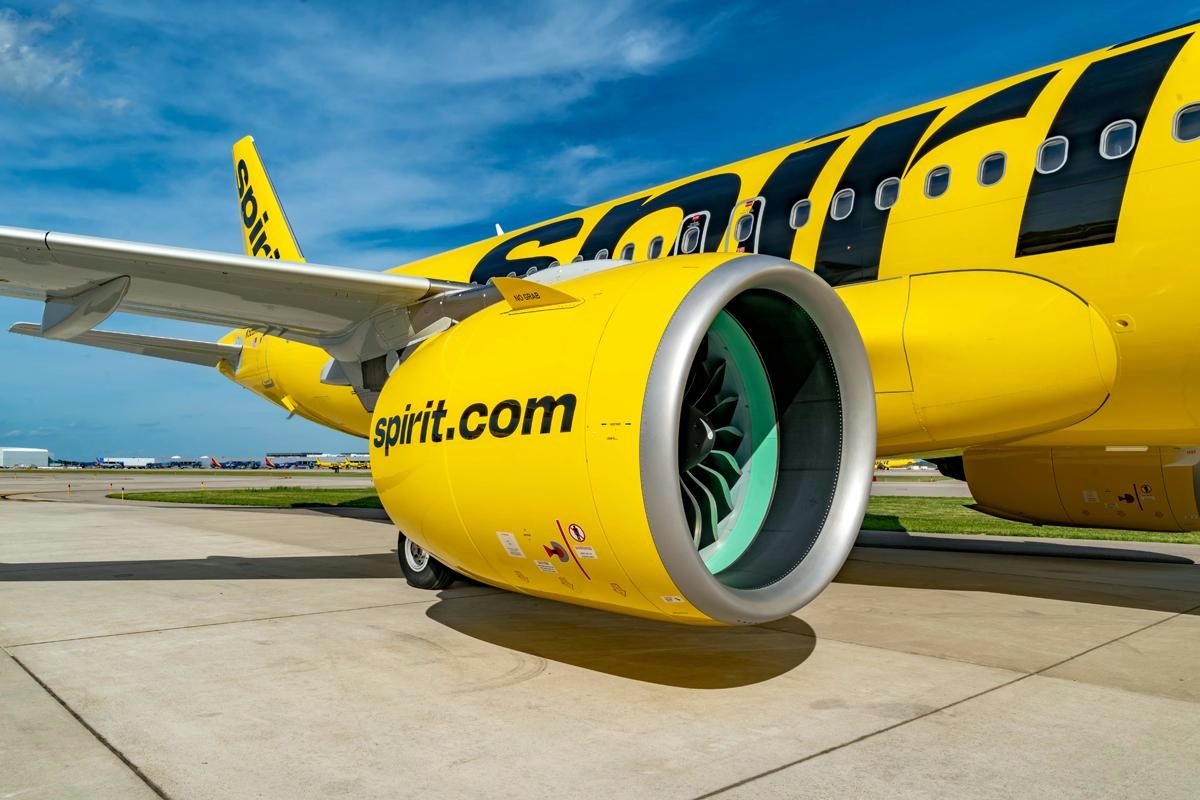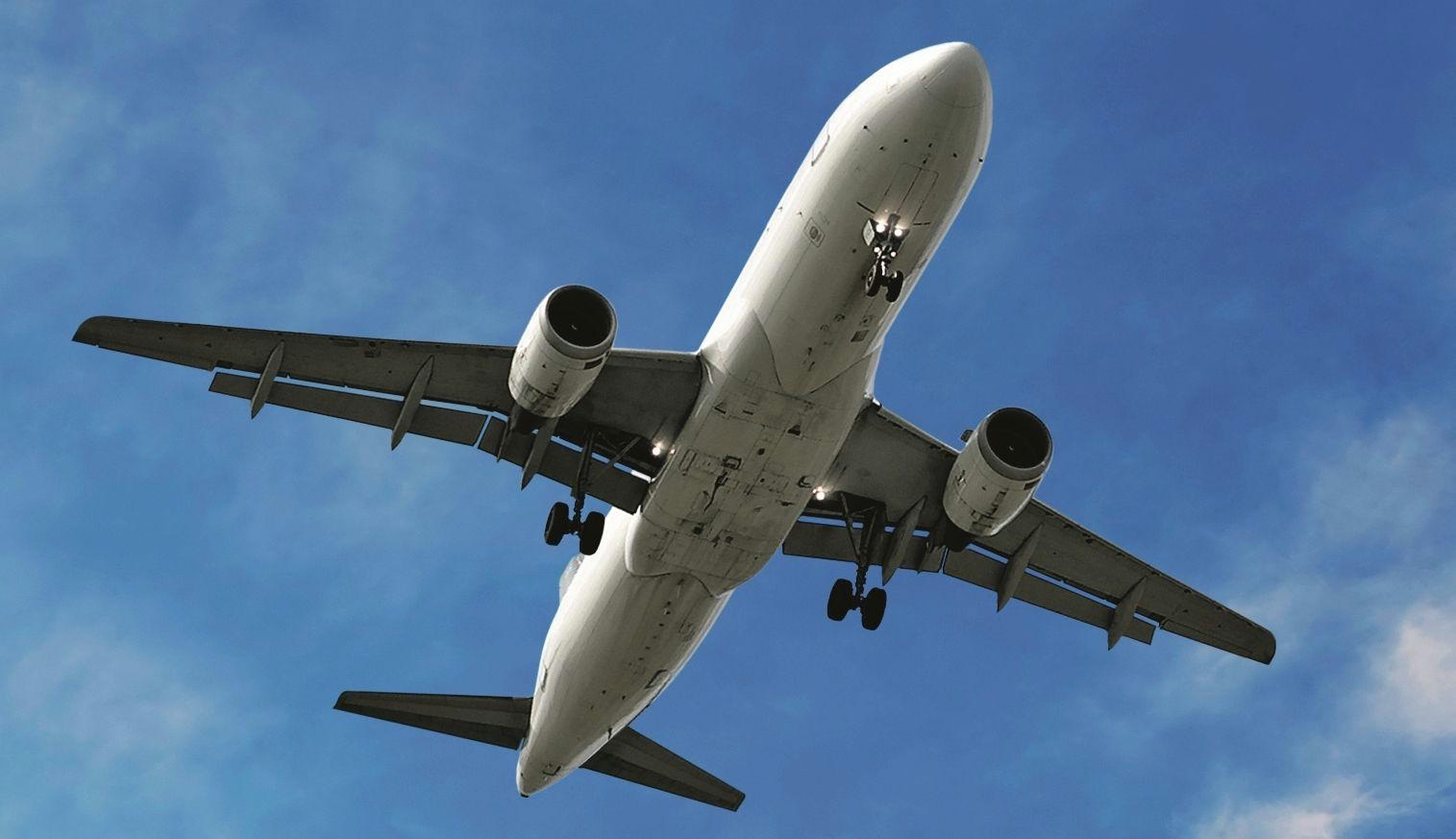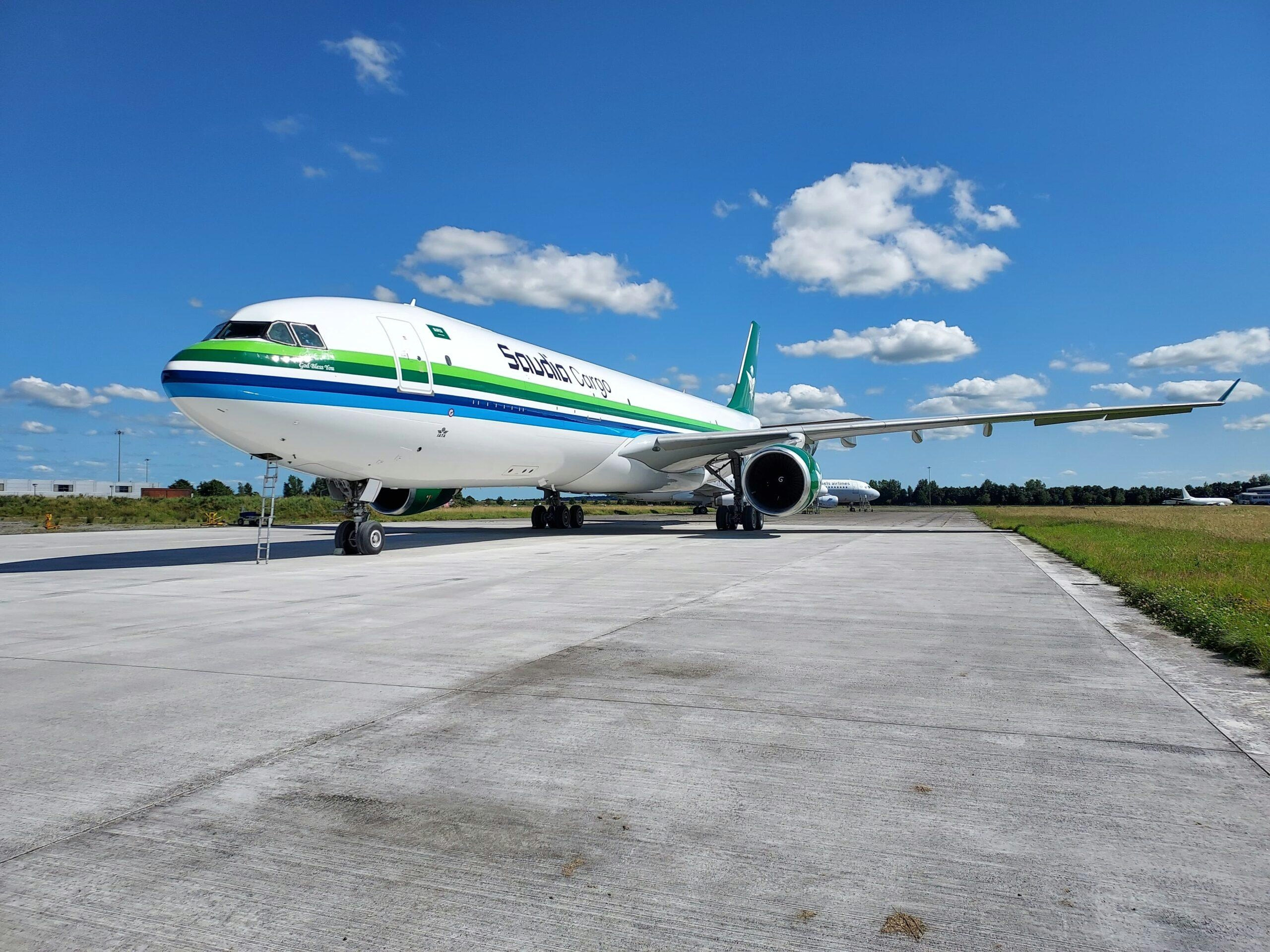AeroGenie — Your Intelligent Copilot.
Trending
Categories
Spirit Airlines Parent Company Files for Chapter 11 Bankruptcy

Spirit Airlines Parent Company Files for Chapter 11 Bankruptcy
Spirit Aviation Holdings, the parent company of Spirit Airlines, has voluntarily filed for Chapter 11 bankruptcy protection in the United States for the second time in less than two years. Announced in August 2025, this development highlights the ongoing financial difficulties confronting the ultra-low-cost carrier despite previous restructuring efforts aimed at stabilizing the business.
Financial Struggles and Operational Challenges
The company has indicated that the Chapter 11 filing is intended to establish a more secure foundation for future growth by enabling Spirit to reorganize its operations and finances under court supervision while maintaining normal flight operations. Nevertheless, the repeat filing underscores the severity of Spirit’s challenges, which include rapidly diminishing cash reserves, sustained financial losses, and a significant 26 percent year-on-year decline in revenue during the second quarter. The airline reported a net loss of $245.8 million for this period, with management expressing “substantial doubt” about the company’s ability to continue as a going concern over the next twelve months.
Spirit’s difficulties mirror broader pressures affecting the U.S. budget airline sector. Rising fuel prices, labor shortages, and shifting consumer preferences toward premium services have eroded the competitive advantages traditionally held by low-cost carriers. These industry-wide headwinds have raised concerns about the long-term sustainability of the budget airline business model, with potential implications for competitors such as Frontier Airlines.
Strategic Responses and Industry Implications
In response to its financial distress, Spirit has undertaken aggressive cost-cutting measures, including furloughing approximately 270 pilots, demoting 140 captains, and reducing its route network. The company is also exploring the sale of aircraft, airport properties, and real estate assets to generate additional capital. Alongside these efforts, Spirit is introducing tiered pricing packages and considering enhancements to its network and product offerings. However, the airline acknowledges that these initiatives may prove insufficient without securing additional liquidity and improving operational efficiencies.
This latest bankruptcy filing places Spirit among a growing number of companies—including Joann, Rite Aid, and Claire’s—that have faced heightened risks and uncertainties following multiple Chapter 11 proceedings. While nearly every major U.S. airline has utilized Chapter 11 restructuring at some point, repeat filings can complicate recovery efforts and undermine investor confidence.
The situation has drawn attention from competitors and investors alike. Airlines such as Southwest, United, and Frontier may view Spirit’s assets as potential acquisition targets, while some investors see opportunities in carriers prioritizing fleet modernization and strategic partnerships. Nonetheless, the high-risk nature of restructuring after multiple bankruptcies remains a significant concern.
Spirit Airlines’ second Chapter 11 filing not only reflects its own financial challenges but also signals broader turbulence within the budget airline sector, raising critical questions about the future viability of ultra-low-cost carriers in an evolving and increasingly competitive market.

Cathie Wood Increases Investment in Air-Taxi Stocks

Airlines Face Fundamental Technology Challenges, Not Just AI Issues

Crankshaft Fatigue Causes Emergency Landing

Embraer Integrates AI-Based Counter-Drone System into A-29 Super Tucano

Standardaero and Avilease Sign Agreement for LEAP and CFM56-7B MRO Services

ETF Airways to Receive First ATR Aircraft

Range Comparison Between Boeing 787-9 and 787-10 Dreamliner

AJW Group Renews Partnership with ASL Aviation to Support A330ceo Fleet

Could AI Cause a Jet Engine Shortage Similar to the Chip Crisis?

Joint Statement from UK Space Agency, MHRA, Regulatory Innovation Office, and Civil Aviation Authority
